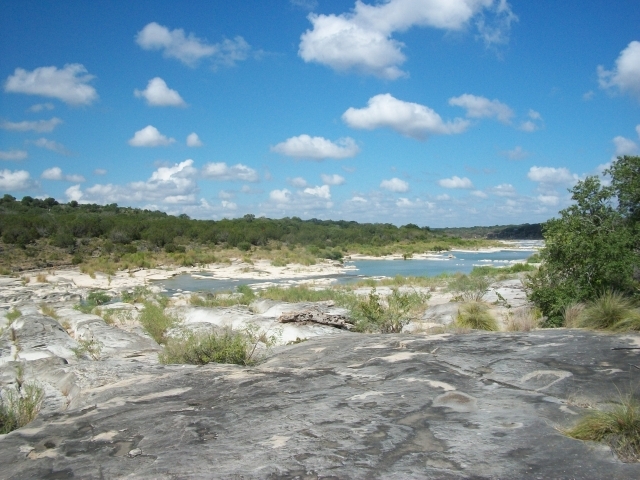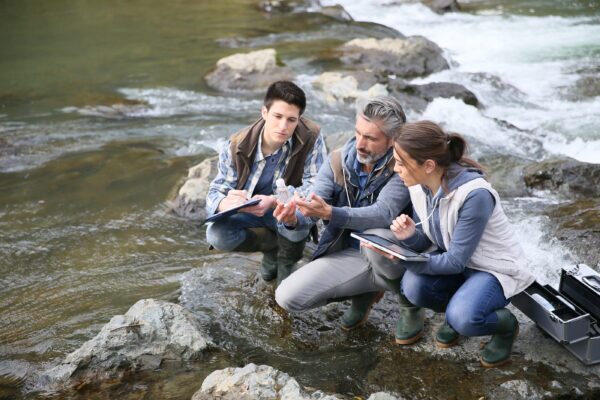Texas Ecological Laboratory Program Advantages
- Property qualifies for wildlife management valuation in year seven.
- Advances important scientific research.
- Enhances relationships with universities and professors.
Texas Ecological Laboratory Qualifications
- Properties of 20 acres or more work best.
- The property must be principally used for research by a college and/or university.
- Landowner commits to funding and accommodating research projects for a five year period.
Braun & Gresham, PLLC provides all the necessary services to establish an Ecological Laboratory
- Evaluate your property to determine the ecological studies and restoration that would be appropriate.
- Identify specific, high-qualified research scientists who have the capability and interest in doing ecological studies and restoration on the property.
- Negotiate and draft an agreement between you and each researcher’s university that establishes the terms for use of the land.
- Coordinate and manage all activities of the researchers, including evaluating research proposals, obtaining liability waivers, logistical coordination, and reporting to your appraisal district.
- Apply to your appraisal district for appraisal of the land as an Ecological Laboratory.
Texas Ecological Laboratory Program FAQs
What is the legal background for the Texas Ecological Laboratory program?
The Texas Tax Code Section 23.51(1) defines qualified open space land to include “land that is currently devoted principally to agriculture use…or land that is used principally as an ecological laboratory by a public or private college or university.”
What do researchers study on my land?
Past examples include studies of meadow grasses and the preservation and enhancement of native grasses, long-term studies of ecological succession, studies of canyon vegetation, studies of the effects of urbanization on the Edwards Plateau, and soil sampling.
How will use of my property be restricted or changed?
The principle use of the property must be for research, but the Texas Ecological Laboratory program allows you to consult with the researchers to clearly ascertain the scope of their research.
Which universities participate in the Texas Ecological Laboratory program?
As the Texas Ecological Laboratory program reputation grows, so does the distinguished list of institutions of higher learning. The Ecological Laboratory program has partnered with the University of Texas at Austin, Texas A&M University, Texas State University, University of Houston, Rice University, Trinity University, Mississippi State, Hofstra University, St. Mary’s University, The University of Texas at San Antonio, The University of Texas at Tyler, Baylor University, University of California – Merced, Mesa Community College, Mesa, AZ, University of Montana, Sam Houston State University, and Penn State.



